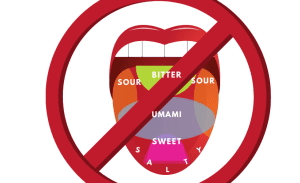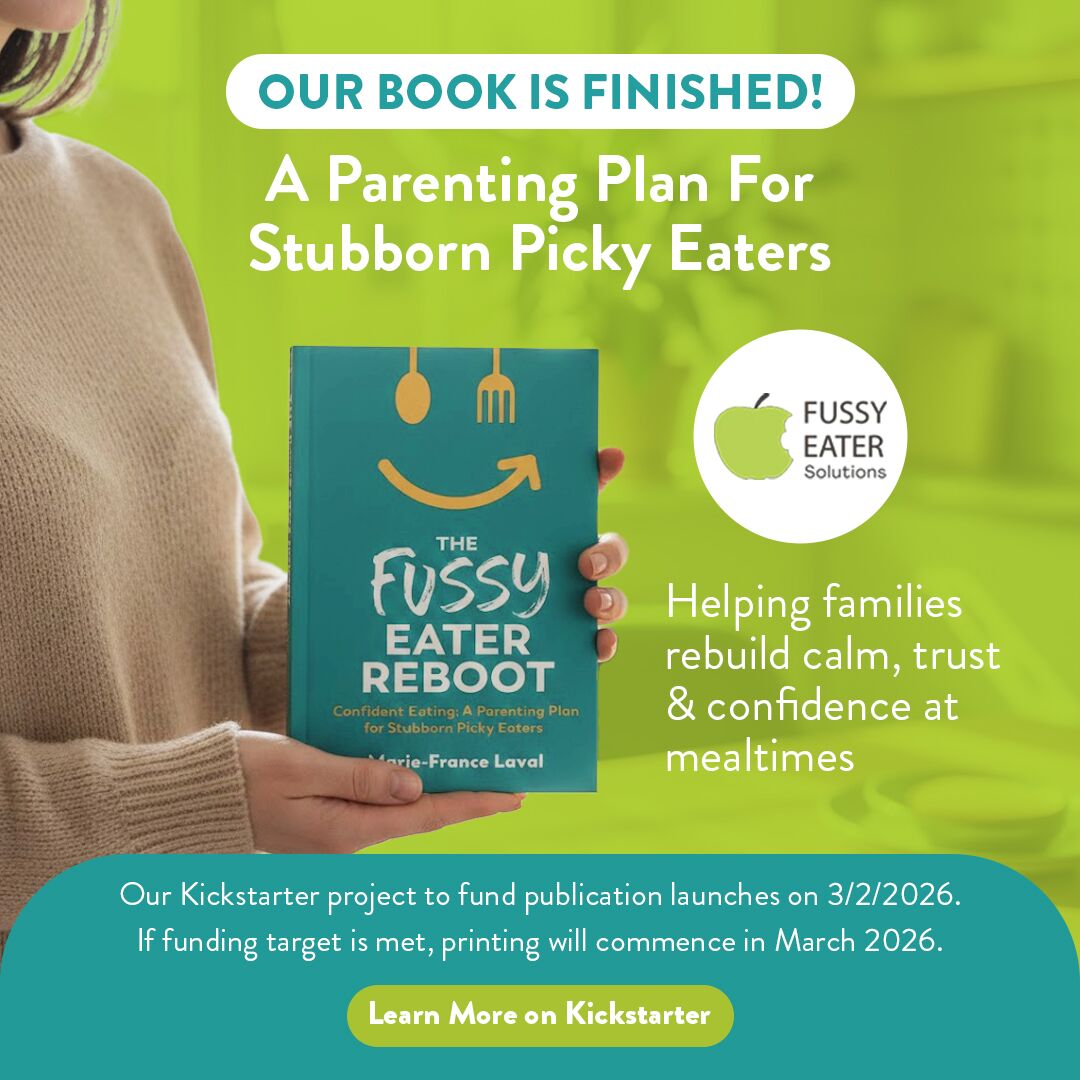
Do toddlers’ taste buds change as they complain that food is “yucky”?
I have written about sensory sensitivities here and food neophobia here. However, this piece is about helping you understand the impact of taste in fussy eating. A child’s first reaction to a taste can be daunting. Parents may rule out the food altogether: “she doesn’t like this food, why upset all of us”?
However, the development of taste does not end when a child grimaces as they place a food on their tongue. In fact it is quite the opposite! While some tastes and flavours are tricky, you can play a positive role in supporting your fussy eater develop a capacity to develop their taste buds.
Do toddlers’ taste buds change? Well, they can evolve…
Taste is Acquired
We often hear that taste is acquired! Indeed, scientists tell us that the development of taste starts in the womb. Pregnant mothers who eat a wide variety of tasty foods may accustom their child to those flavours. This study showed that pregnant mothers who ate garlic, had babies who ate more garlic flavoured food (potato) than the control group.
Breastfeeding mothers who eat a variety of tasty foods also influence their children’s capacity to accept the same flavours in solid foods. Indeed, children showed less negative facial expressions while eating those foods, than the control group used in the study. This, in turn, gave additional confidence to mothers who felt their child enjoyed those more. Think about it this way: a child born to an Indian mother is well-placed to enjoy curries, a child born to a middle-eastern mum, may do very well with smoked paprika. In my work, I love how families’ food culture impact the tastes children can tolerate.
But Taste is also Innate
Babies are born liking sweetness! Scientists tell us this is because sweet foods (including breast milk) signal the presence of a safe food, packed with calories to support development and survival. Babies universally show a sour face when tasting sour and a bitter face when tasting bitter! Those facial expressions should not deter parents. Indeed, from birth children around the world are on a journey to develop their capacity to manage and enjoy a wide range of flavours, among them tastes such as sour, salty, umami and bitter. Bitterness is the most challenging taste to acquire and adults who cannot drink beer or coffee will understand that.
Why is your Toddler so Sensitive? Genes of Course
First, did you know that your tongue is not divided into specific taste areas such as bitter or sour? This has been debunked. Different tastes (salty, bitter, sweet, sour and umami) can be detected anywhere there are taste detectors.
Taste detectors are found on the tongue, of course, but also on the soft palate, as well the epiglottis.

A strong sensitivity to taste is not linked to how many taste buds one has, it is more likely linked to genetics, for exemple a variation on gene TAS2R38 increases sensitivity to bitterness. Matty Shiva showed that babies with extreme sensitivity to taste (hypergeusia) at birth were more likely to be selective than their peers at age 2.
The Nose is Involved
The nose is involved in our experience of taste. As we smell the aroma of chocolate, molecules travel through our nose, we can almost taste the chocolate. As we place the food in our mouth and start chewing it, for example, we get feedback through our nose.
There are hundred of genes that dictate our sensitivity to smells. But that’s not all: When a toddler is always congested, when she is mouth breathing while eating for example, we have to wonder how her taste of food is distorted. As a fussy eater specialist, I watch for children who mouth breathe while eating. I ask questions about ear, nose, and throat infections, as well as about tonsils, adenoids and covid 19.
When a child is highly sensitive to smells, she is likely to simply be put off when she finds smells unpleasant. In more severe cases, she may even gag at the smell of a food.
Bacteria in your Toddler’s Mouth
More recently, researchers from Australia have identified a new culprit to bad taste experiences: the bacteria in one’s mouth.

Children’s mouth flora (mouth microbiome) was shown to produce gases which for some children brought out a strong sulphur sensation in their mouth, when eating food from the brassica family (cabbage, broccoli, Brussels sprouts, cauliflower etc). The higher the level of gas, the higher the sulphur sensation.
You can easily do the cauliflower experiment yourself like I did here. Because microbiomes share commonalities within families, researchers say that parents produce similar amount of gases to their children. Therefore if you do, your child probably does to. However, as an adult you will manage the temporary discomfort better.
Now what? Support your Toddler to Develop her Taste Buds
Well, you are now in your child’s shoes so to speak, you can give yourself several years to support her ability to develop taste. All children will need time!
Here are 5 steps you can take:
-
Visit the GP or ENT to check on children who are always congested.
-
Give children who are extremely sensitive to smells some space between them and the smell, for example an exhaust fan. Do not push them to smell, lick, or eat the offending food. The more they react, the more anxious they may become.
-
Accept that since taste is learnt throughout the years it may need to be altered slightly to ease your child through.
-
Sweeten it. For example, as French kids, we learned to eat strawberries with a hint of sugar and /or whipped cream. Sugar in this case reduces the sourness, cream softens the overall experience. They are of course useful substitutes to sugar such stevia, xilytol which some parents may prefer. Or his your child fond of honey.
-
Combine a liked-flavour with the challenging taste, for example, vanilla, cinnamon, cheesy, soy may work wonders to mask or tone down a not-liked-yet flavour: for example a cheesy broccoli croquette.
-
-
Provide thoughtful not forceful exposure, it is best to space exposure out (think regular and long term). Think about using family style serving. In this article I explained why pre-plated meals can be counterproductive.
-
Provide a happy, friendly mealtime environment! Sounds corny? Studies show that we learn best to eat new foods, in a friendly, happy, even celebratory environment, family gatherings may be the occasion your child needs!
Your child will not master bitterness and any other challenging flavours overnight. I hope you are now well-equipped to consider how to work with taste and flavour over the next few years. If you find that you are struggling then is it time you grabbed my free-e-book?




2 Comments